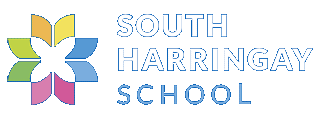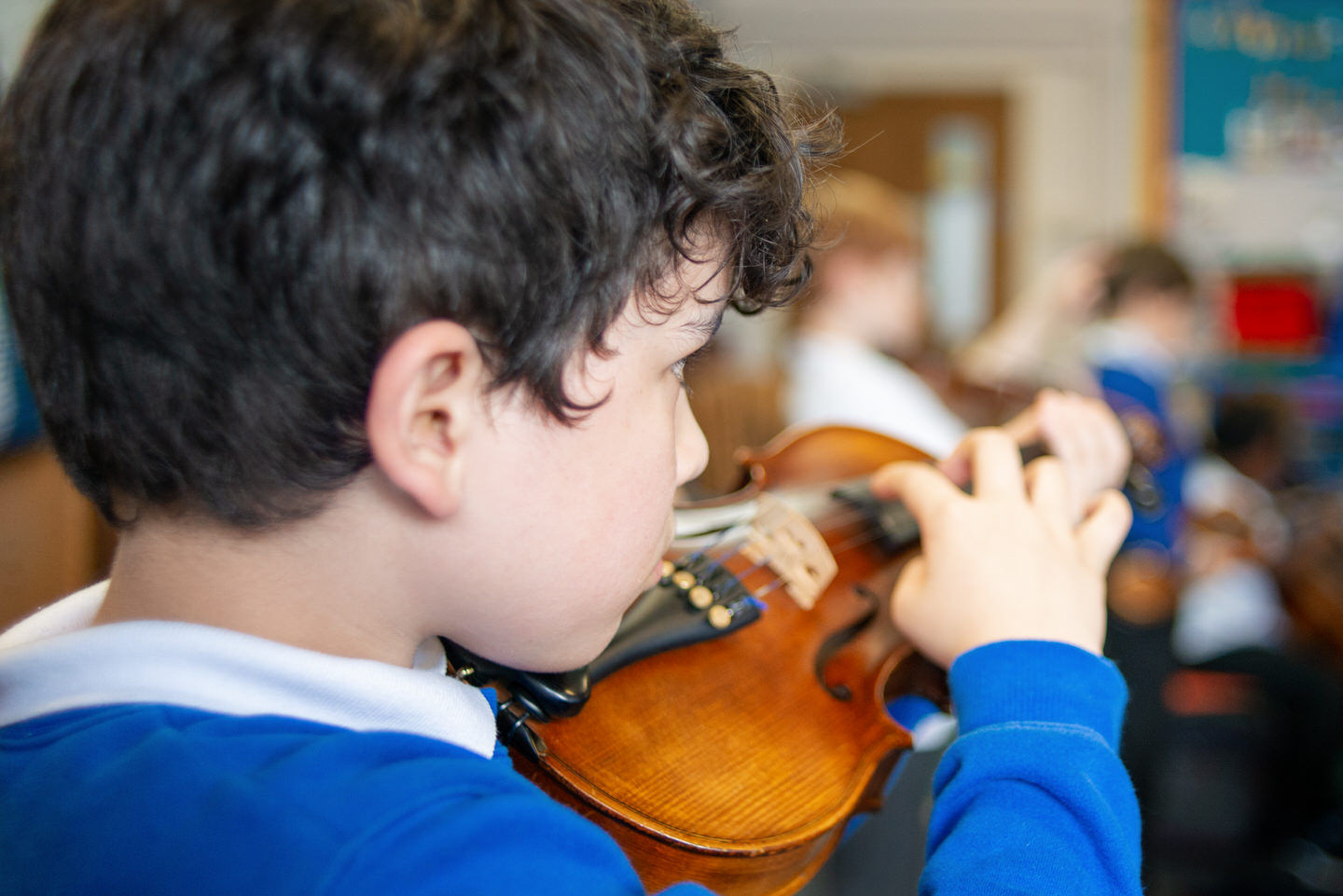In line with the National Curriculum, our music lessons take an integrated, practical, exploratory and child-led approach to musical learning.
We use the Charanga Musical School Units of Work to support our teaching in music. The interrelated dimensions of music weave through the units of work to encourage the development of musical skills as the learning progresses through listening and appraising, differing musical activities (including creating and exploring) and performing. Our units of work enable children to understand musical concepts through a repetition-based approach to learning. Learning about the same musical concept through different musical activities enables a more secure, deeper learning and mastery of musical skills. Over time, children can both develop new musical skills and concepts, and re-visit established musical skills and concepts at a deeper level.
Each unit of work comprises the strands of musical learning which correspond with the national curriculum for music:
- Listening and appraising
- Musical activities
- Warm-up games
- Singing
- Playing instruments
- Improvisation
- Composition
- Performing
Children are also provided with platforms to perform within the music lessons, assemblies and concerts. There is a wide range of musical topics taught in music, including music from different cultures and music history so that children not only have dynamic experience in music, but also make links to other subjects and wider areas of life, for example, African drumming, Gamelan, Jazz and Blues as well as Latin music.
Year 4 pupils take part in the Whole Class Instrumental Tuition (WCIT) programme where they learn to play a guitar, violin or cello. These lessons are timetabled during the school day and pupils are given opportunities to perform to the whole school and their parents.
We have a Junior Choir that meet weekly and often perform for the school or at special events like our Christmas concert and summer fair.



